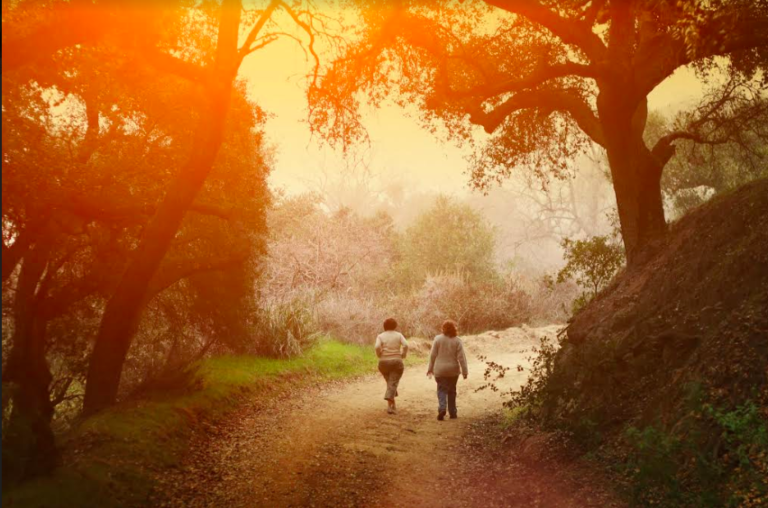Here at New Haven Assisted Living we pride ourselves on not only caring for our residents but having the ability to share our insights with everyone on things you can do at home and in the community to keep our seniors safe.
5 Tips for Keeping Your Senior Cool in the Heat
Here at New Haven Assisted Living we pride ourselves on not only caring for our residents but having the ability to share our insights with everyone on things you can do at home and in the community to keep our seniors safe.

1. Serve Cooler Foods
Keep your loved one cool this Summer with some chilled and healthy alternatives to the bbq. Hot foods can increase the risk of heat exhaustion.
Add a smoothie. Smoothies are healthy fast and easy to whip up on a hot summer day. You can add extra protein powder for higher nutritional value.
Sip on chilled gazpacho soup. It always seems odd to drink cold soup, but this one is packed with vitamins and minerals to help replace what is lost when sweating and is easy to digest.
Share a fruit platter. Keep a fruit platter at the ready. These contain vitamins and nutrients and fruits like watermelon pack in some extra hydration.
2. Hydrate
High temperatures make us sweat more no matter our age. To maintain healthy seniors we want to make sure that they are hydrated to prevent heatstroke.
Sip liquids throughout the day. We lose minerals that help us absorb nutrients in the body when we sweat. Keep water bottles at the ready for easy access and to encourage your senior to drink more. You could also encourage this by adding fresh orange, strawberries or cucumber for easy sipping.
Add electrolytes. You may want to monitor to add electrolytes to water to replace what is lost when sweating. This may be of greater significance when going through a heatwave.
Cut the caffeine. Caffeine is a diuretic and works against staying hydrated. Opt for a fresh herbal tea or herbal ice tea with ice is even better.
3. Opt for Cooler Clothing
Planning a day trip? Staying outside for a better part of the day? Make sure your senior is wearing lightweight breathable clothing. A looser lighter fit will prevent overheating of the body.
Light colored clothing. Lighter colored clothing reflects the sun and doesn’t absorb the heat.
Wear a hat. The bigger the better. A nice wide brim for a day trip out will help keep the sun off their head, neck and shoulders.
Sunglasses. Sunglasses are not only a style statement but the elderly can have trouble adjusting to the changes in light on a brighter day. Sunglasses will help prevent eye strain and headaches.
4. Stay out of the Sun
While it’s really nice to head out and enjoy a sunny day opting for the indoors and some AC can be a dream. Being cooped up inside can still be a downer on a summer day but you can venture out keeping these tips in mind.
Shady Spaces – Opt for shady spaces and places when going out and use the trails and shade of trees or awnings if you’re in a for a city walk. If necessary, use some sun umbrella’s to stay out of the direct light.
Go out early or late. The really hot days can have temperatures soaring before noon but going out early or later will avoid the hottest peek times.
Sunscreen. SPF 30 or higher if your senior is going outside to prevent sunburn from aging and more sensitive skin.
5. Cool Baths
You really don’t want the bathroom to feel like a sauna in this heat so be sure to encourage your help you senior to enjoy a cool bath temperature. You don’t want to contribute to heat exhaustion.
Cool or lukewarm temperatures. After a long hot day outdoors this will be more refreshing and assist with bringing down the body temperature from being outdoors.
Cold wet towel. A cool wet towel on the back of the neck can also help in cooling down the body after sun exposure and hot days out.
Warning Signs of Heat Stroke
Check on your senior friends, neighbors, and family during the hottest days of summer. If they are experiencing headache, nausea, dizziness, rapid heartbeat or difficulty breathing, call 911 or use their medical alert system.
It’s no fun to stay indoors during the hotter months but it’s important to take these tips into account to protect your senior from heat stroke and heat exhaustion.

